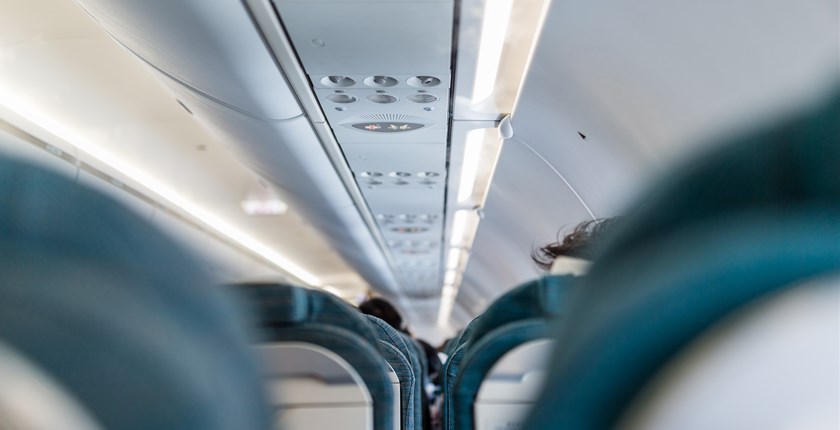
How to overcome your fear
Four in ten people have a fear of flying. Fear of flying is a type of anxiety that makes us sweat and upsets our stomach, which can ruin even a perfectly planned vacation. It can be caused by a number of factors and concerns about flying can take many forms, from claustrophobia to concerns about plane safety and stability, or even a fear of flying at night. However, with the help of hypnosis or self-hypnosis, your brain can be trained to keep you calm and relaxed before and during a flight.
Avoid drinking alcohol before a flight. Get a good night’s sleep and drink plenty of water to stay as fresh as possible for the trip.
Take your favourite books, music or movies with you. A good movie or story will keep your mind busy and you will not worry about the flight.
Choose your seat wisely: Take an aisle seat so you can stretch your legs from time to time. If you stretch a bit during a flight, it will help keep your body in shape and make you feel comfortable and relaxed. If you intend to sleep through the flight, you can choose a window seat, where no one will bother you and you will not get in anyone’s way.
Before taking off, check the duration of the flight and plan breaks to stretch or do light exercises. Thanks to these planned breaks, long flights will not seem as discouraging anymore.
When your mind gets upset, you get a rush of adrenaline. This can be minimised by thinking about something nice or evoking happy or exciting memories. Try thinking happy thoughts before the flight has even started.
Many fears come from things we do not understand. By understanding the flight itself, e.g. how turbulence occurs or how planes are built and tested for safety, you can rationalise your fears.
If you feel your anxiety increase, take a slow, deep breath and think about the happy moments and fond memories you recalled before the flight. Focus on your heartbeat. Think of it as a clock ticking and gradually slowing down. You will notice your heartbeat slowing down and stress going away.
Relax your shoulders and close your eyes. Focus on slow, steady breathing. By closing your eyes, you minimise the possibility of being upset by your surroundings, such as other anxious passengers who might stress you out.




